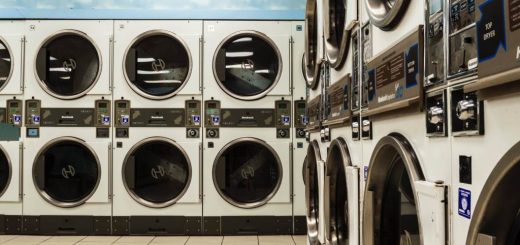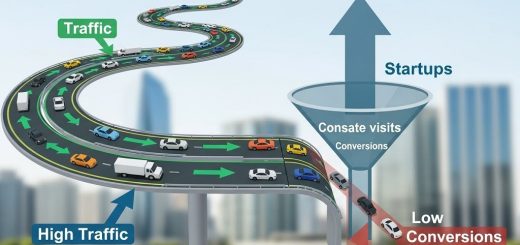Plastic waste estimated at 220 million tonnes in 2024
Plastic pollution is one of the most important environmental issues today, and the problem continues to grow at an alarming rate. One of the major contributors to plastic waste is the use of plastic pipes in water systems, which may seem harmless at first, but can have long-lasting and damaging effects.
Why Plastic Pipes are Bad for Water Systems
In 2024, it’s estimated that plastic waste will reach 220 million tonnes globally, adding to the already massive piles of discarded plastic in landfills, oceans, and ecosystems. Plastic pipes, particularly those made of PVC, are commonly used in water supply and drainage systems because they are cheap and easy to install.
Here we explore the reasons why plastic pipes are harmful, as opposed to copper pipe alternatives like those from https://watkinspowis.co.uk/products/copper-pipe-fittings-and-press-systems:
1. Plastic Pipes Are Less Durable
While plastic pipes may be cheaper initially, they are often less durable than alternatives like copper. Over time, they can become brittle and crack, needing to be replaced.
2. They Can Leach Harmful Chemicals Into Water
One of the biggest concerns with plastic pipes is that they can leach chemicals into the water they carry. PVC pipes, for example, can release toxic substances such as phthalates and BPA, especially when exposed to heat or pressure.
3. They Break Down Over Time
Although plastic pipes are designed to last for years, they eventually degrade. When plastic pipes break down, they can release small plastic particles known as microplastics into the drinking water.
4. Plastic Pipes Are Not Biodegradable
Unlike most other materials, plastic does not biodegrade over time. Instead, it lives in the environment for hundreds of years, taking up space in landfills or breaking down into smaller pieces that can pollute our waterways.
5. Plastic Doesn’t Break Down
One of the biggest environmental issues with plastic is that it can take hundreds of years to fully decompose. Plastic doesn’t break down naturally – instead, it simply breaks into smaller pieces which contaminate our soil, waterways, and oceans.











